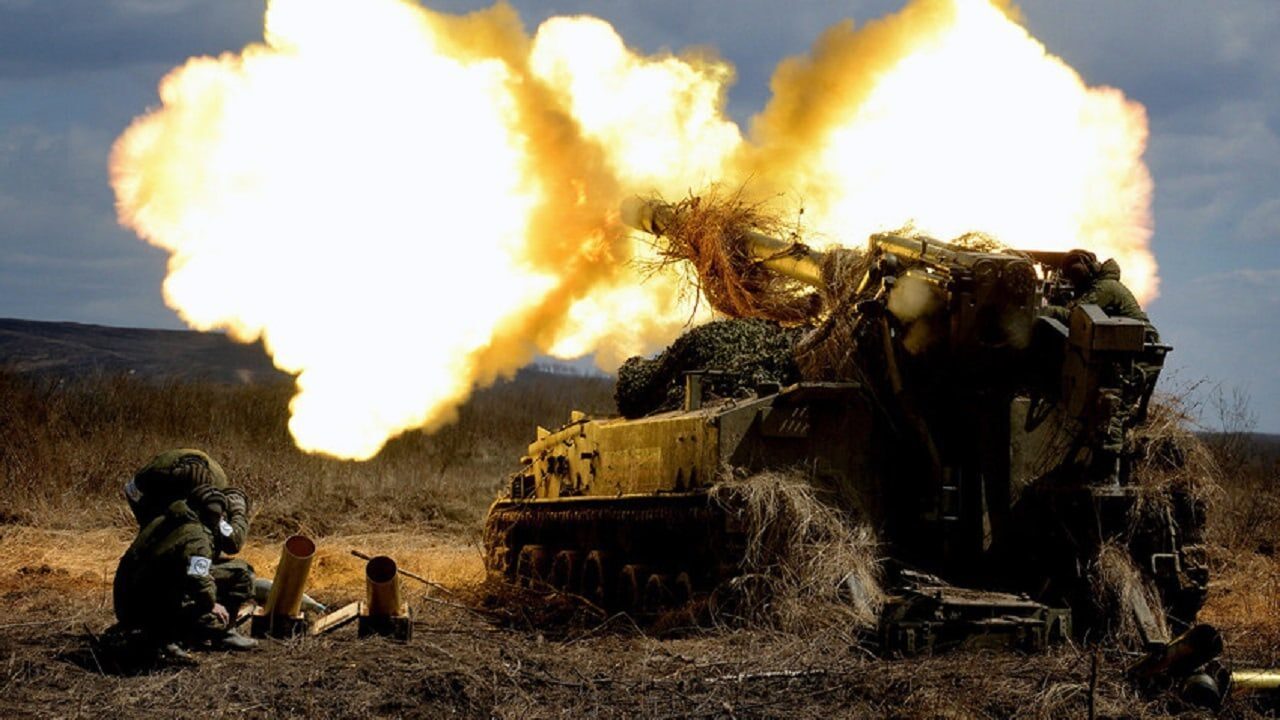Russian forces are in the midst of a large-scale offensive in Ukraine. However, it isn’t going well, and the Russian units are taking heavy casualties.
The Russian Ministry of Defense has to somehow replenish those units. But it isn’t doing a good job.
The Problematic Force Generation of the Russian Military in Ukraine
There is a fundamental flaw in how the Russian military tackles force generation.
It is no secret that the Russian military has lost so many men that its units on the frontlines are undermanned.
The most recent assessments by Western militaries and intelligence services suggest that the Russian forces have lost up to 200,000 troops killed or wounded.
After the partial mobilization in September, the Russian Ministry of Defense has been sending mobilized reservists into frontline units to fill in the gaps created by casualties.
To be sure, this is nothing new.
The German Wehrmacht and Waffen SS had to do the same during World War Two, and they often created entire new divisions with fresh recruits and a small core of combat veterans—the 12SS Panzer Grenadier Division “Hitlerjugend” is a good example of such a unit.
But, if we exclude the last months of the war, the German recruits were adequately trained and motivated. The Russian mobilized reservists are neither.
Russian units on the front ended up receiving poorly trained and unmotivated reservists. But because they are often elite units, such as VDV paratroopers or marines, Russian commanders expect them to perform.
And so, they send them against tough Ukrainian resistance. The end result is more Russian casualties and almost no progress at all.
In some cases, some Russian units are staffed with as much as 90 percent of mobilized reservists. The 155th Naval Infantry Brigade is a good example of such a formation. Since the war began, the Russian marines have suffered three big defeats. First in Kyiv at the start of the war, then in Pavlivka in November, where they lost more than 500 men in just three days, and now in Vuhledar, where they were decimated in just a few days, losing as many as 1,000 men and scores of heavy weapon systems.
An Inability to Win
The Russian mobilized reservists are getting limited individual training before they are deployed to the frontlines as replenishments. Moreover, the high operational tempo and casualty rate prevent the Russian units from creating unit cohesion.
“The Russian military’s use of mobilized personnel as replacements in battle-damaged units is unlikely to generate sufficient offensive capabilities for a large-scale and rapid mechanized advance,” the Institute for the Study of War stated in a recent operational update on the war.
All of the above suggests that the Russian military will have trouble conducting large-scale mechanized offensives of the type that are necessary to achieve an operational breakthrough and meet the Kremlin’s goals in Ukraine.
Indeed, under the current structure and approach, the Russian military is extremely unlikely to win in Ukraine.
MORE: B-21 Raider: China Should Fear America’s New Stealth Bomber
MORE: H-20: China Is Building a New Stealth Bomber
MORE: Is Russia’s Su-57 Felon Stealth Fighter a Total Bust?
MORE: Merkova: Israel Has A Super Tank
Expert Biography: A 19FortyFive Defense and National Security Columnist, Stavros Atlamazoglou is a seasoned defense journalist specializing in special operations, a Hellenic Army veteran (national service with the 575th Marine Battalion and Army HQ), and a Johns Hopkins University graduate. He is currently working towards a Master’s Degree in Strategy and Cybersecurity at the Johns Hopkins University’s School of Advanced International Studies (SAIS). His work has been featured in Business Insider, Sandboxx, and SOFREP.

